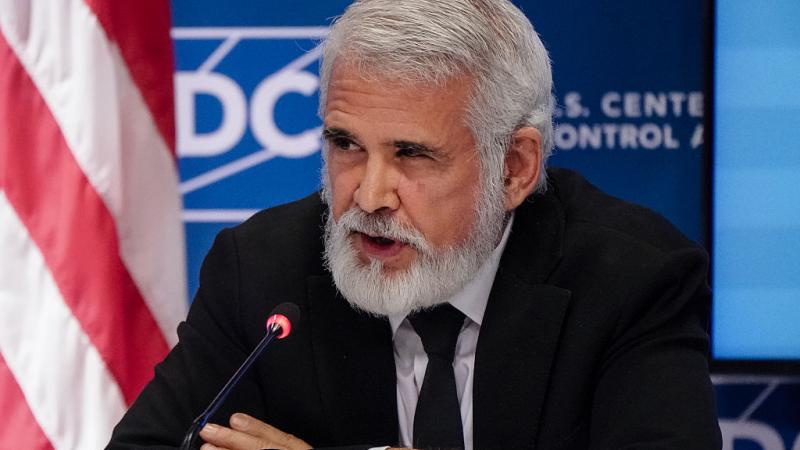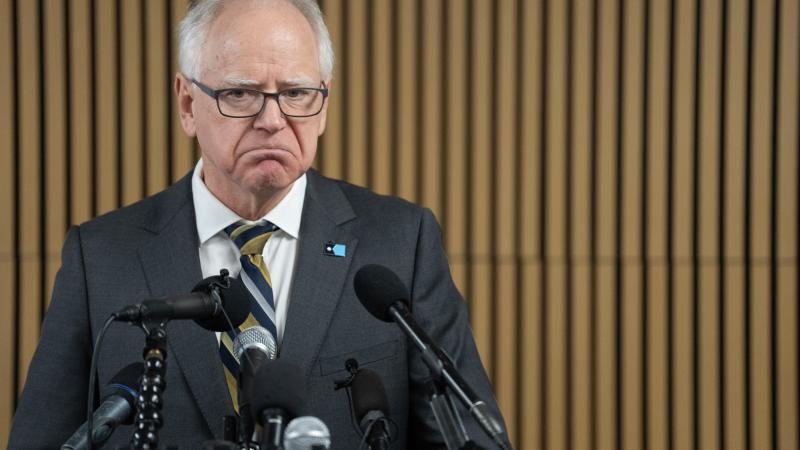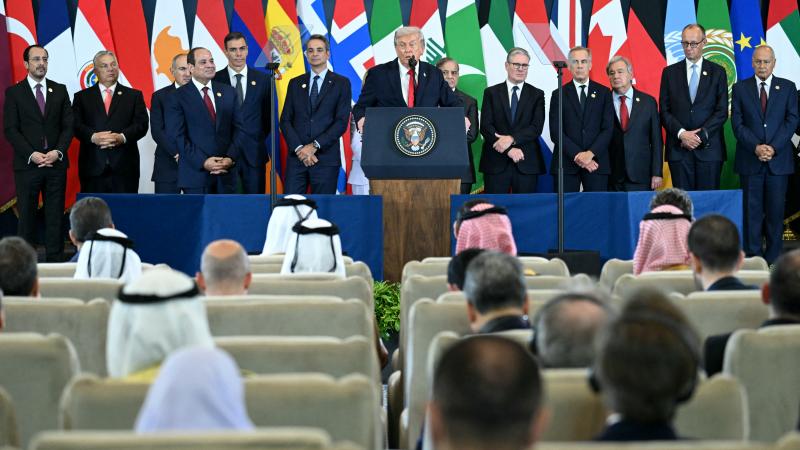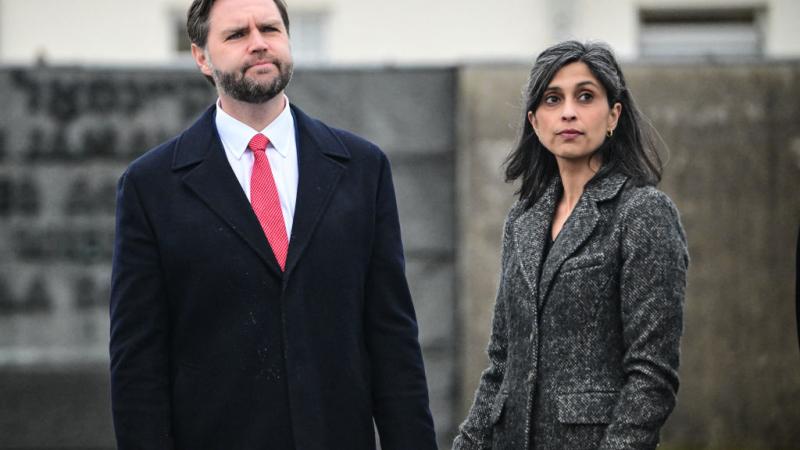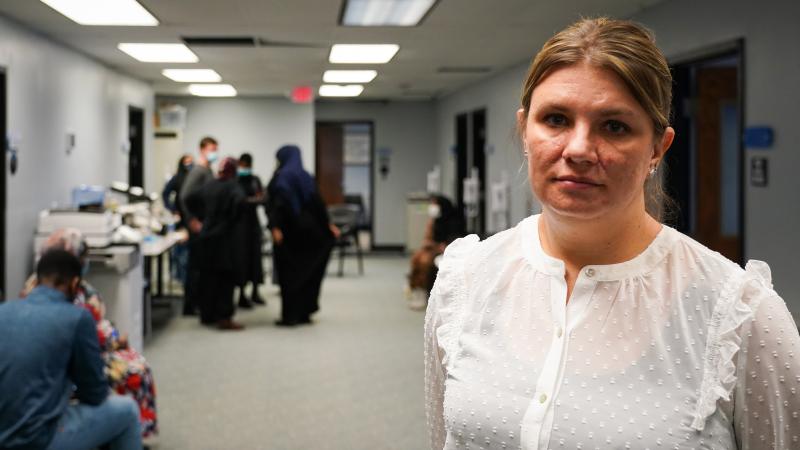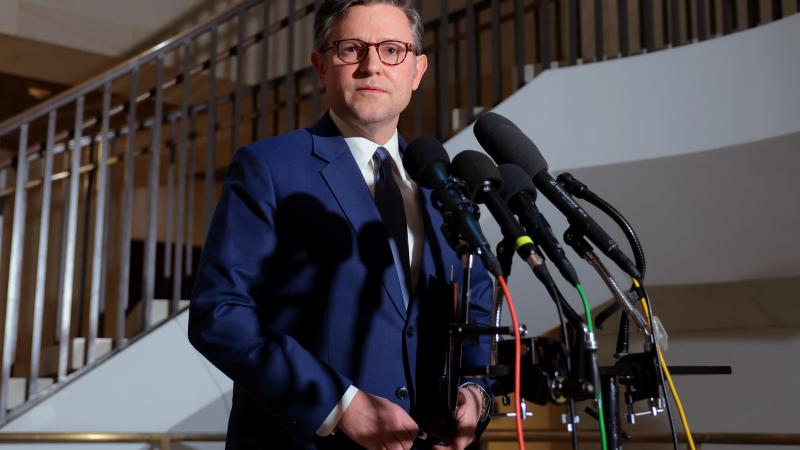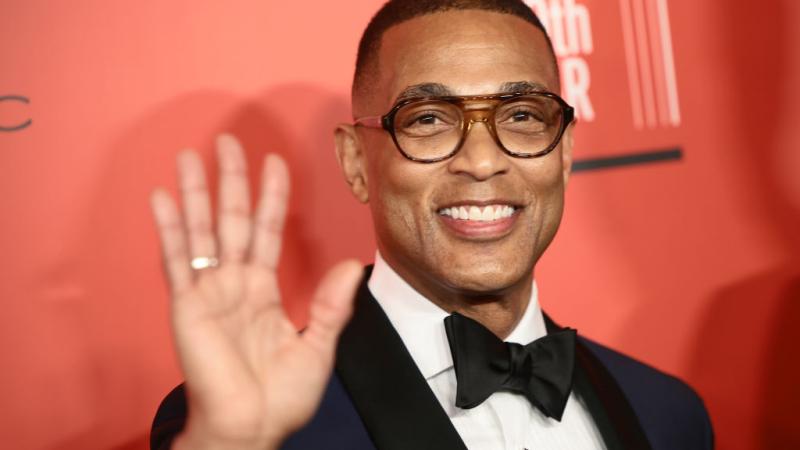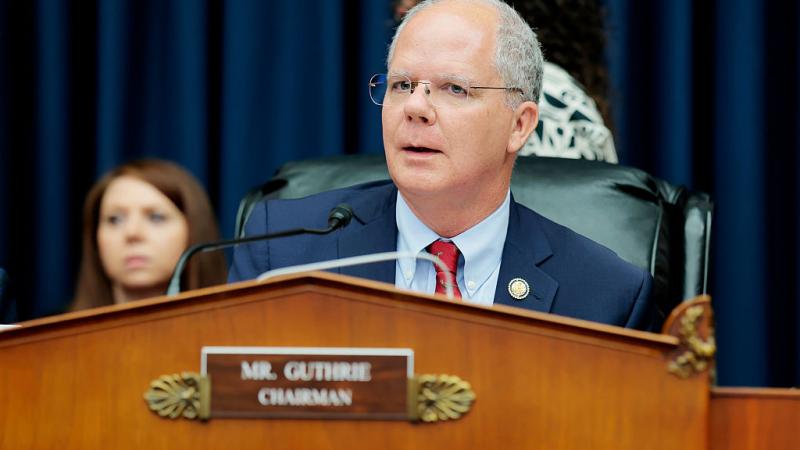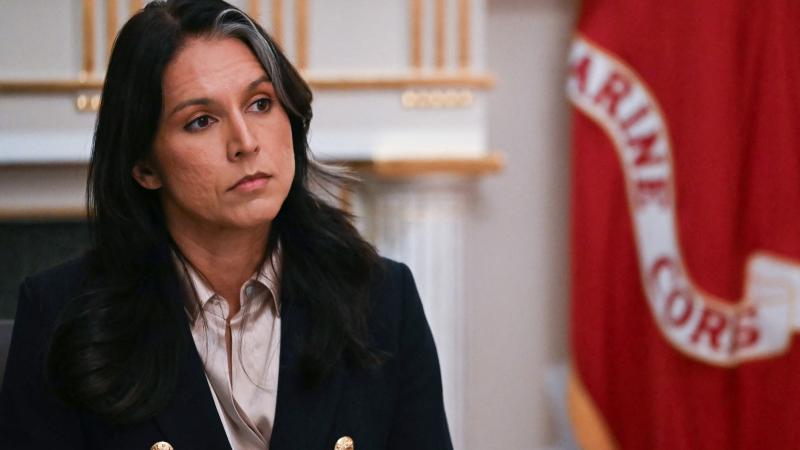At World Health Assembly China announces $2 billion pledge to fight pandemic globally
Other key issues will include funding
During the World Health Assembly, the WHO's annual summit, Chinese President Xi Jinping said his government will spend $2 billion to fight the coronavirus pandemic on a global scale.
This is perhaps the most pressing meeting of the WHO's annual oversight summit in the organization's 73-year history, as the coronavirus pandemic continues to affect millions around the world.
The World Health Assembly opened in Geneva with roughly 4.5 million people around the globe already infected by the coronavirus. Some leaders in the 174-nation have accused China of failing to fully inform the world about the outbreak and the WHO of covering for the county.
Among the most outspoken is President Trump, who has repeatedly threatened to cut U.S. funding to the organization.
President Xi was the first major leader to address the assembly, and used his speaking time to outline the ways in which China is committing to control the pandemic. His $2 billion pledge is seen as both a pitch for China to assume global leadership role in response to the pandemic, and, perhaps, as a mea culpa of sorts for the country's alleged early concealment of the severity and spread of the novel virus.
The meeting is being held by teleconference.
Taiwan reportedly will not demand participation, after months of saying its exclusion, led by China, has hurt the country’s efforts to detect and treat the virus.
However, the island nation will continue to donate medical supplies to other countries and protest China’s “two-faced behavior” that excludes it from such forums, says the country’s foreign minister, Joseph Wu, according to the Associated Press.
Taiwan reportedly has agreed to postpone its issue of full participation in the United Nations-led WHO until the outbreak has been better contained, Wu said.
Taiwan’s U.N. seat was given to China in 1971, and Beijing insists the self-governing island republic it claims as its own territory has no right to diplomatic relations or membership in U.N. bodies, the wire service also reports.



